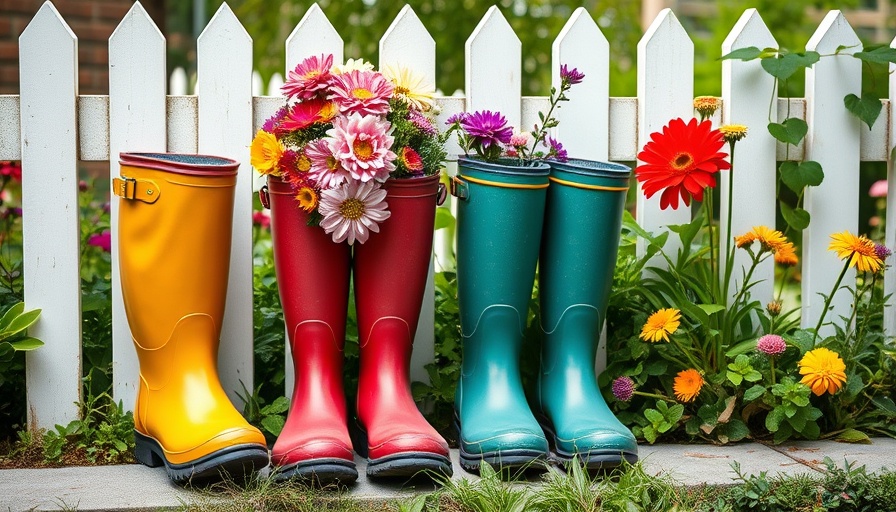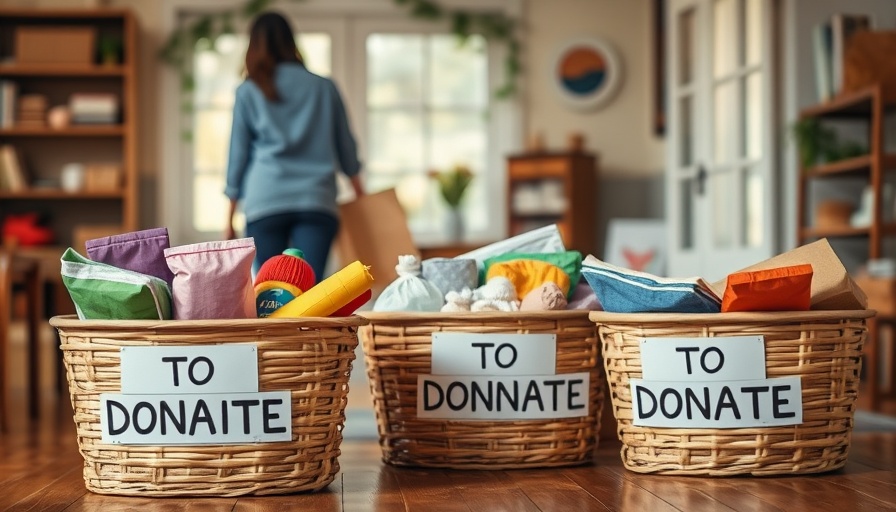
Transforming Your Old Wellies: Upcycling Ideas for Eco-Conscious Homeowners
Are you wondering what to do with old wellies that have seen better days? Rather than tossing them in the bin, why not give them a new lease of life? From garden planters to unique shoe repairs, here are creative ideas to upcycle your worn-out rubber boots.
Breathing New Life Into Wellies: Fun Garden Planters
One of the simplest and quirkiest ways to breathe life back into your old wellingtons is by transforming them into garden planters. With a few holes drilled into the soles for drainage, these boots can add a pop of color and personality to your garden.
Start by placing some stones at the bottom for stability, then fill with gravel and soil before planting your favorite flowers. You can even hang them on a fence for a whimsical garden feature!
Quick Fix: DIY Gardening Shoes
If the sidewalls of your wellies have split, they can still be salvaged for practical use. With nothing more than a pair of scissors or a utility knife, cut them down to create comfortable slip-on gardening shoes. This not only saves money but also supports a sustainable lifestyle by repurposing materials that would otherwise contribute to landfill waste.
Storage Solutions: Umbrella Holders
Another clever upcycling project is to use those slightly damaged wellies as umbrella storage. They can provide a unique and functional touch to your entryway. Simply place a few stones inside for balance and add your brollies. It's practical and prevents clutter!
Helping Others: Where to Donate Wellies
Kids outgrow wellington boots quickly, meaning many pairs are still in fine condition. Rather than discarding them, consider donating:
Schools and Nurseries: Many educational institutions appreciate pre-loved wellies for outdoor activities.
Charity Shops: These shops often welcome gently worn boots, ensuring they reach a new owner rather than ending up in landfills.
Family and Friends: Sharing them with younger relatives or friends can perpetuate their life cycle, reducing waste.
Recycling Options for Worn-Out Wellies
If upcycling isn't your forte, don’t despair! Cotswold Outdoor is part of the free “Recycle My Gear” initiative where you can drop off your well-worn outdoor gear, ensuring they are dealt with sustainably. This is a fantastic option for those who are short on time or crafty skills but still want to make an environmentally conscious decision.
Understanding the Environmental Impact
Every pair of rubber boots that ends up in landfill contributes to pollution and waste in our ecosystem. By taking a few seconds to consider upcycling or donating, you're not only helping the environment but also supporting a circular economy where products can be reused repeatedly.
Getting Creative with Wellie Crafts
For those DIY enthusiasts, there are countless ways to unleash your creativity! Consider painting your wellies for a unique home décor piece, or even try creating a bird feeder. The possibilities are endless, making every upcycle not just a contribution to sustainability but also a fun project!
Taking Action Towards Sustainable Living
As an eco-conscious homeowner, you have the power to influence positive change in your community. By sharing these tips and successfully utilizing your old wellingtons, you're setting an example for others who may not know how to tackle sustainability. Help spread the word about the importance of reusing and recycling at home.
Ready to start recycling your old wellies and making a positive impact? Consider these options and join the movement towards sustainable living.
 Add Row
Add Row  Add
Add 




Write A Comment